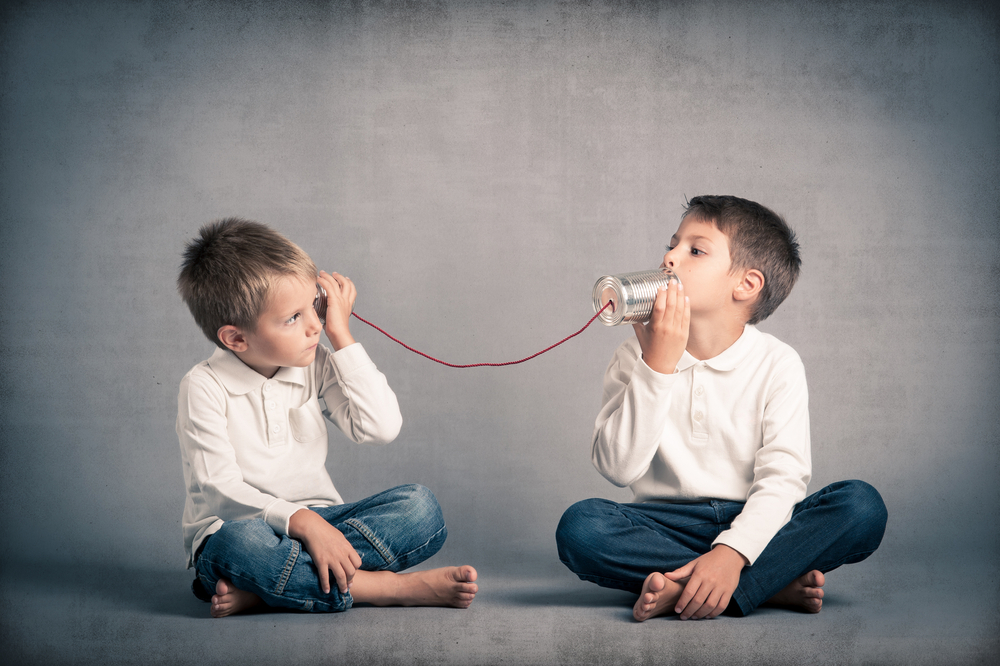
‘One can only know the best of oneself through awareness of the best of other people’ Francois Cheng.
One of the first things I learnt in my mindful journey was the power of the spoken word. How what we say or even how we say it can affect someone for the rest of their lives, this includes what we say to ourselves.
Many of us get into automatic pilot when speaking to members of our family, friends or work colleagues. How we talk to each other affects your relationship, and to a certain extent affects both your lives. However, the onus is not just on us and how we speak to others, it’s also how we allow others to speak to us.
If we allow others to speak to us in ways that are not respectful then what message do we give to ourselves, and to others.
I know from personal experience that sometimes an ‘off the cuff’ remark can be hurtful, perhaps more than you realise, or even intended, it can also stay with the recipient, who will no doubt mull it over and over until the roots of the words are deeply entrenched in their psyche. For example I have often said to myself ‘that was a stupid thing to do’, or ‘why are you always so stupid’….
Overtime this language transformed into ‘I am stupid’….that was a tough nut to crack.
Many times when we mindlessly say something hurtful or thoughtless it may be coming from a painful place within ourselves, I freely admit that when I am feeling overwhelmed or stressed it comes out sideways as anger, often the person receiving my anger has no idea what they have done to deserve it. The truth is that it doesn’t make me feel any better and it doesn’t change the feeling, in fact it exacerbates and increase my stress levels.
Ahimsa, a Sanskrit word meaning not to injure, describes language that does not harm someone while speaking it. Gandhi believed in Ahimsa and taught that it applies to all living beings including all animals, it is otherwise known as non-violent communication.
Ahimsa is rooted in the belief that all living beings have the spark of the divine spiritual energy; therefore, to hurt another being is to hurt oneself.
Since becoming mindful and cultivating a daily practice I have become so much more aware of what I say and how I say it. I have become more aware of my tone of voice, however sometimes I can absentmindedly respond to someone in a tone less than friendly and this can spark of a chain reaction, for me it’s when I am tired, or busy, or in a hurry, or…… you get the picture.
The thing is we don’t always mean things to sound the way they come out. We may be feeling hassled, distracted or down and so this influences how and what we say. It’s not personal, but it can be taken personally.
Setting an intention to change how I speak to myself and others has improved many of my relationships. I have come to learn that many of us are sensitive souls, including me, we all have baggage and life scars and this can leave us vulnerable to verbal hurt, you could say the human language is the modern day equivalent of the sabre tooth tiger.
It is all too easy to get stuck in a rut of looking for the ‘words of slight’ and then reacting defensively. It’s as though we wait for the ‘attack of words’, we become hyper-vigilant, watching, prowling, but are we really listening?
Repetitive negative language can lead to negative interactions with others, injury, disease or illness in one’s body as a direct manifestation of your own linguistic programming.
So instead of saying, “Why does this always happen to me all the time?” You might say, “What can I learn from this?”
Instead of saying, “I always get sick in the winter, you can simply say, “I take extra care of myself as the seasons change,” so your focus is on wellbeing.
Instead of saying, “My child or loved one never listens,” you can say, “It feels so great when my family and I can communicate in a way that feels good to us both.”
As Deepak Chopra states, “Your cells are eavesdropping on your internal dialogue,” so you must be aware that your body can hear what you say.
Mindful speaking and mindful language therefore requires us to really think before we speak, to take a pause and allow ourselves time to decide if what we are about to say is necessary, that it is said from a ‘healthy’ place and is not just being said for the sake of it.
Speaking warmly, gently and with thought costs nothing, yet it reaps many rewards.
It is important to remember that there are two sides to every coin, yes it wise to notice that how and what we say can be destructive or disempowering. On the flip side it is always worth remembering not to take anything anyone says or does personally, as again, this can be very destructive or disempowering.
Five things you may like to try:
- Say something nice to someone today ?
- Say something nice to yourself today ?
- Make a conscious choice to leave something unnecessary unsaid today ?
- Make a conscious choice to speak gently and kindly to someone today ?
- Meet others with a smile, a gentle tone, and a ready compliment today.
